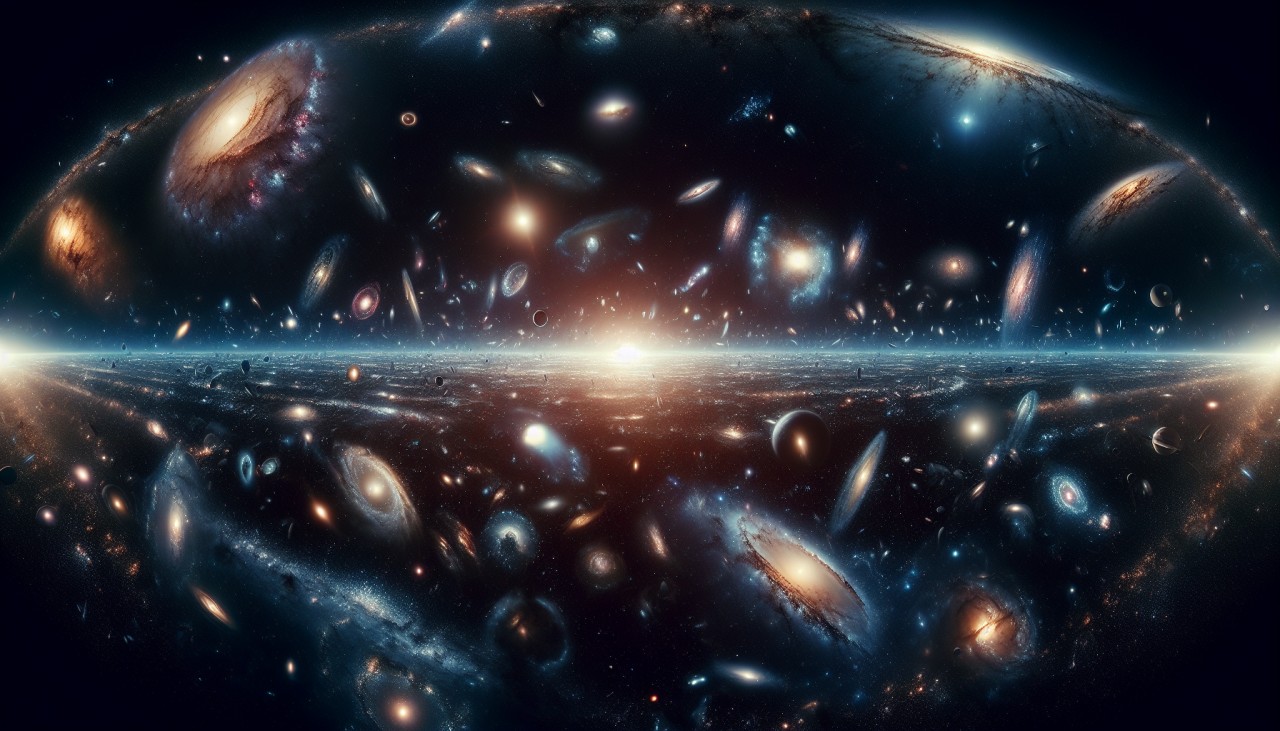Dark energy, the enigmatic force constituting about 70% of the universe's energy density, has long been a subject of intense study. Traditionally, it was believed to be a constant, uniformly affecting the cosmos. However, recent findings suggest that dark energy's influence may have evolved over time. NASA's Roman Space Telescope, launched in 2023, is at the forefront of this investigation. Its expansive surveys aim to map the universe's expansion across nearly all of cosmic history, potentially identifying when dark energy began to weaken. This mission, along with the European Space Agency's Euclid mission and the Vera C. Rubin Observatory, is ushering in a new era of cosmology, providing more detailed information than ever before about the mysteries of dark energy. science.nasa.gov
The Dark Energy Survey (DES), a collaboration of international astronomers, has also contributed significantly to this field. Utilizing the Dark Energy Camera (DECam) on the 4-meter Blanco telescope in Chile, DES has imaged approximately 5,000 square degrees of the sky. By analyzing the distribution of galaxies and galaxy clusters, DES researchers aim to understand the impact of dark energy on the universe's expansion. Their findings have provided valuable insights into the current cosmological model, highlighting the need for precise instruments to measure the history of space expansion. kipac.stanford.edu
Key Takeaways
- NASA's Roman Space Telescope is mapping the universe's expansion to study dark energy's evolution.
- The Dark Energy Survey uses DECam to analyze galaxy distributions and dark energy's impact.
- Collaborative missions are ushering in a new era of cosmology with detailed dark energy data.
